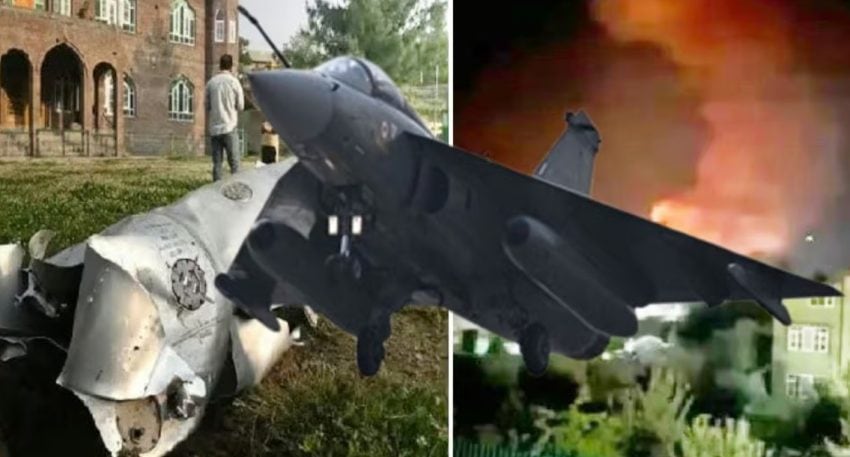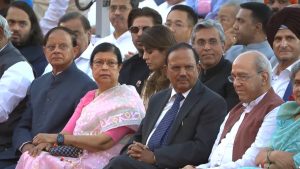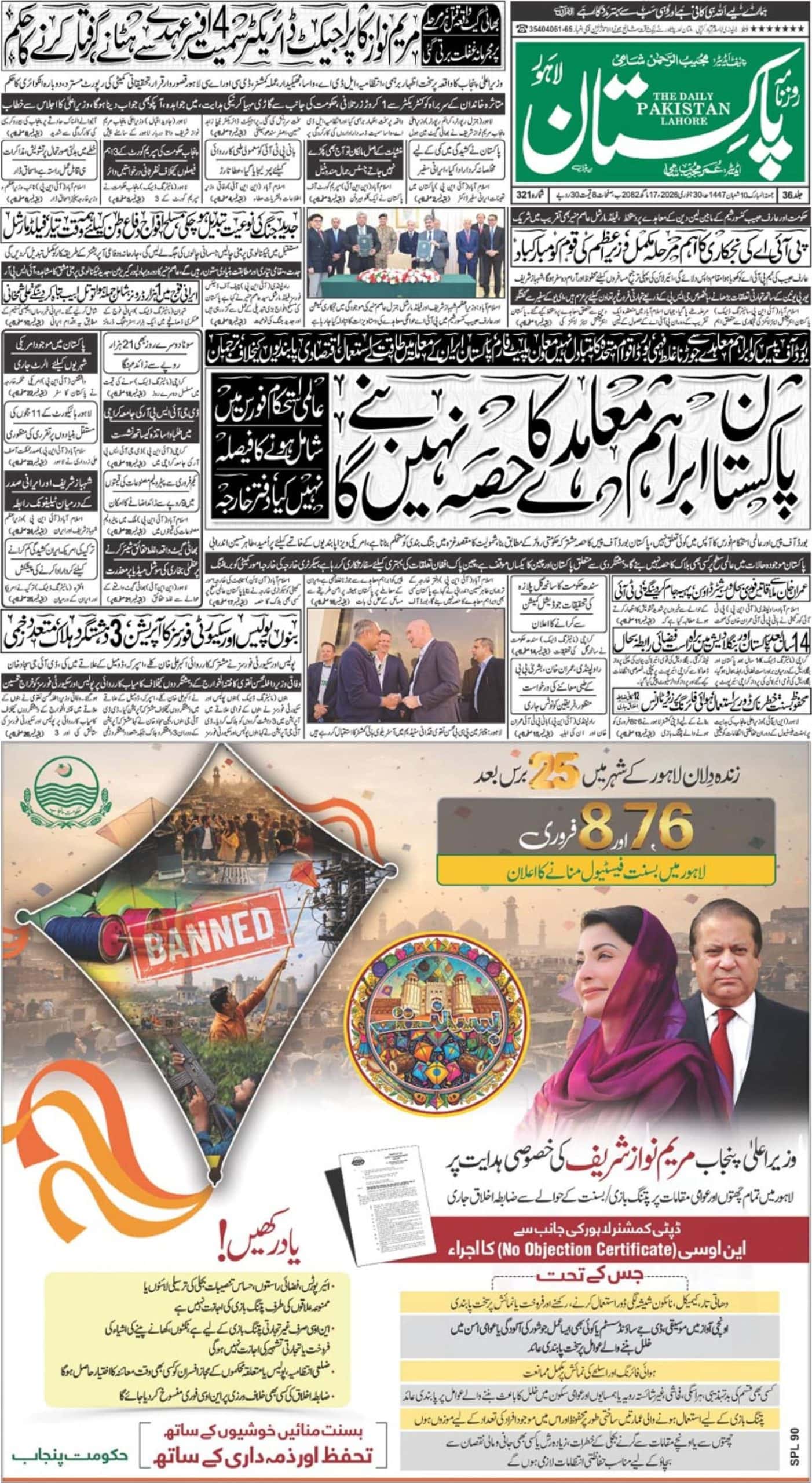It’s a familiar story: in the cutthroat world of global arms deals, facts can get messy. This became crystal clear when Dassault’s CEO, Éric Trappier, stood up to defend his company’s star product. He delivered his line—that claims of downed Indian Rafales were “inaccurate”—with the smooth assurance of someone whose job depends on it. You could tell he wasn’t just defending a machine; he was defending a massive price tag. With the prestigious Paris Air Show looming, his words were less a statement of fact and more a calculated act of corporate preservation.
One must question the timing. For over a month, a narrative of Indian losses had been solidifying, fed by a stream of videos from local populations in Bathinda, Akhnoor, and Pompore showing what appeared to be crash sites. For weeks, the story was getting messier. Even India’s own news channels, outlets like NDTV and India Today, were admitting that jets had crashed. On the other side, Pakistan wasn’t being vague—they were pointing fingers, claiming their J-10C fighters did the job with PL-15 missiles. To top it off, word got out that an Indian minister had confessed to losing five jets in just four days. And through all that chaos, from the French company that built the planes? Not a peep. Why, then, find a voice now? The answer appears to lie not in the skies over the subcontinent, but in the exhibition halls of Paris. The Rafale is a star product, and the air show is its stage. Admitting that your top-tier jet was bested in its first major outing is simply not good for business.
Trappier’s performance becomes even more disingenuous when examined against the evidence. He is professionally bound to defend his brand, but his categorical denial flies in the face of mounting international reporting and technical data. Wreckage from the field, prominently circulated online, shows the vertical stabilizer of a Rafale bearing the Indian Air Force serial number BS001. This is not an abstract claim; it is a physical artefact. Publications like The Aviationist and sources such as Reuters, citing American officials, have lent credibility to the assertion that Rafale was downed. CNN went further, quoting a French intelligence official who confirmed a loss.
Perhaps the most damning contradiction comes from Trappier’s own mouth. In his effort to deflect, he admitted a critical fact: “The Indians have not communicated, so we do not know exactly what happened.” This single statement dismantles his entire position. How can one so definitively deny Pakistan’s claim as “inaccurate” while simultaneously admitting a total lack of communication and data from the primary operator? It is a logical impossibility. One cannot be both ignorant and certain. This reveals his denial for what it is: an assertion of faith, not a rebuttal of evidence. He possesses nothing to back his claim, while tangible wreckage points to the contrary.
Furthermore, technical data from Martin-Baker, the manufacturer of the industry-standard ejection seats, reportedly registered four ejections from the conflict zone in that timeframe. Three of these have been linked directly to the downed Rafales. While not official combat data from an air force, it is a significant piece of the puzzle that cannot be wished away by a press statement.
Ultimately, Dassault isn’t defending battlefield truth; it is defending billion-dollar contracts signed under the political patronage of the Modi government in India. For New Delhi, the Rafale is more than a fighter jet; it is the centrepiece of a carefully constructed image of revitalised military might. A single confirmed Rafale loss would not only jeopardize future export deals for Dassault but also collapse the fragile facade of Prime Minister Modi’s projected strength on the world stage. Trappier’s statement, therefore, seems less an address to the world and more a service rendered to a key client. He is not speaking on behalf of military reality, but shielding a political partner from embarrassment and protecting his company’s bottom line.
Until an independent, international investigation is allowed to examine the wreckage and flight data—an unlikely event given India’s predictable reluctance—Trappier’s remarks have no real significance. They are the words of a man whose salary depends on the perception of invincibility, not the acceptance of loss. The world knows that jets go down in war. The attempt to craft a narrative of flawless performance in defiance of evidence is not a show of strength, but a desperate gambit to control a story that has already been written in the fields of Punjab.
An Unsettling Current: Mr. Modi, the Indus, and the Imperative of Peace














